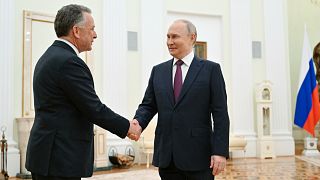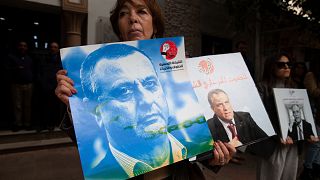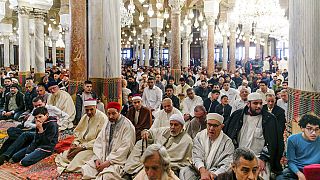Tunisia
Two days after the Tunisian UGTT trade Union announced it would not take part in the national dialogue proposed by President Saied, the Deputy Secretary-General gave the underlying reasons behind the decision.
"**We have repeatedly warned that any call for dialogue must be made in a consultative manner,**Sami Tahri said during a press conference.It cannot be done by directive or decree [...] During the last call for consultation [for dialogue] made by the President of the Republic [Kais Saied], there was no consultation and this goes against decree n°30 which was published without consultation beforehand when it should have been."
The Wednesday announcement comes after President Kais Saied appointed a lawyer to head a commission tasked with drafting a revised Constitution through a "national dialogue". However, all political parties were excluded and only 4 organizations, the UGTT, the employers' organization UTICA, the Tunisian League of Human Rights and the National Bar Association were invited.
The UGTT was part of a national dialogue following two political assassinations that rocked the country just two years after the revolution.
The union and the other participants won the Nobel Peace Prize for their efforts, which led to the creation of a new technocratic government.
Saied's July 25 power grab was welcomed by many Tunisians tired of a frequently deadlocked post-revolutionary democracy.
But his opponents, including the Islamist-inspired Ennahdha party that has dominated the country's post-revolution politics, have warned of a return to autocracy.
Tunisia's political crisis was worsened last July when the president sacked the government.











Go to video
The EU moves to fast-track asylum claims by migrants from 7 countries to speed deportation
01:15
Tunisian President Saied dismisses prime minister amid political tensions
02:04
South Africa eyes trade expansion amid diplomatic rift with U.S.
02:32
Can the Doha meeting end war in Congo's east?
Go to video
Sudan's military leader proposes roadmap for constitutional transition
Go to video
A Tunisian extremist is on trial accused of killing 3 people in a French church